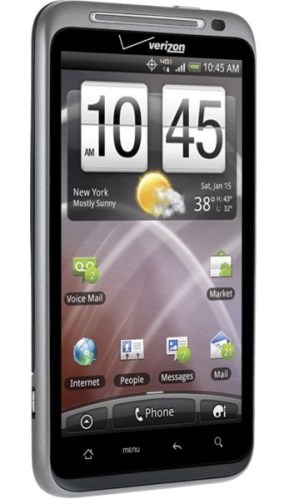
The news doesn’t come as a huge surprise. The iPhone 4 hit Verizon stores in mid-February, and it was mostly purchased by iPhone-hungry Verizon users. The Thunderbolt, which launched two weeks ago for $250 with a two-year contract, appeals to an entirely different audience — one that wants the latest and greatest hardware, along with access to the fastest mobile network in the US. The real test for 4G Android phones will be how they contend with the iPhone 5 later in the year.
[aditude-amp id="flyingcarpet" targeting='{"env":"staging","page_type":"article","post_id":252183,"post_type":"story","post_chan":"none","tags":null,"ai":false,"category":"none","all_categories":"business,mobile,","session":"A"}']Here’s how BTIG conducted its research:
We called 150 Verizon Wireless stores in 22 major cities in the United States and asked the sales people that answered whether they were selling more Thunderbolts or more iPhones over the past week. 61% of the stores that we contacted said they sold an equal amount of both phones, 11% said they sold more iPhones (principally in the Southeast) and 28% of stores had sold more ThunderBolts.
The firm points out that the Verizon employees didn’t have any exact sales figures and were mostly culling from their own experience. Some Verizon workers also mentioned that lines for the Thunderbolt during its launch day were longer than those for the iPhone 4’s launch (but again, online preorders accounted for most of the iPhone 4’s launch sales).
AI Weekly
The must-read newsletter for AI and Big Data industry written by Khari Johnson, Kyle Wiggers, and Seth Colaner.
Included with VentureBeat Insider and VentureBeat VIP memberships.
VentureBeat's mission is to be a digital town square for technical decision-makers to gain knowledge about transformative enterprise technology and transact. Learn More
